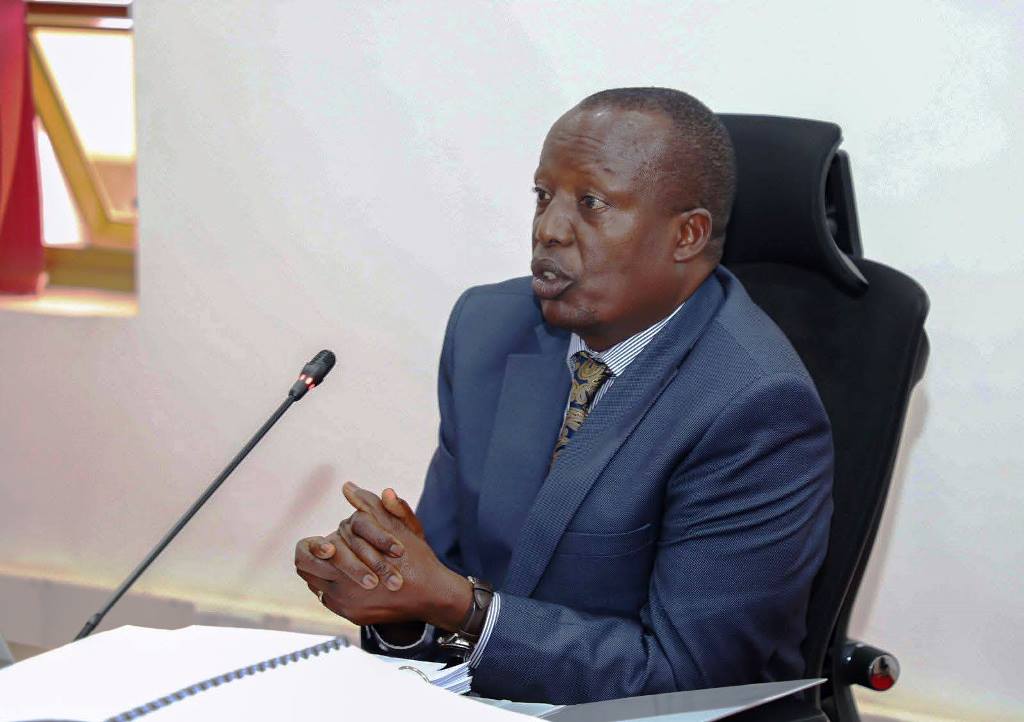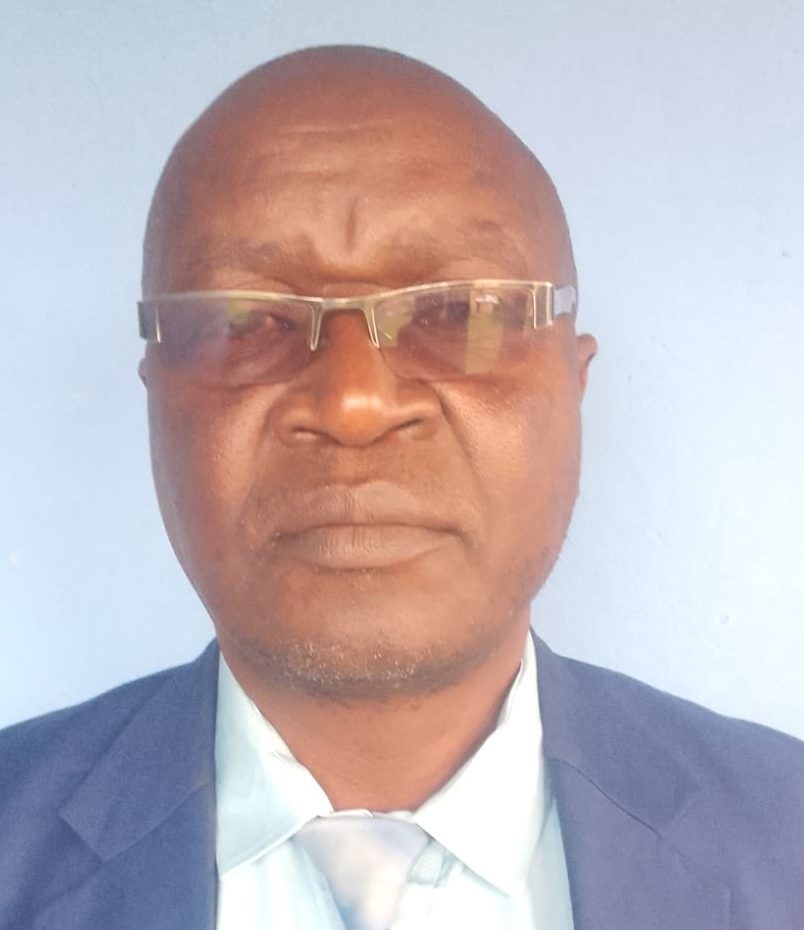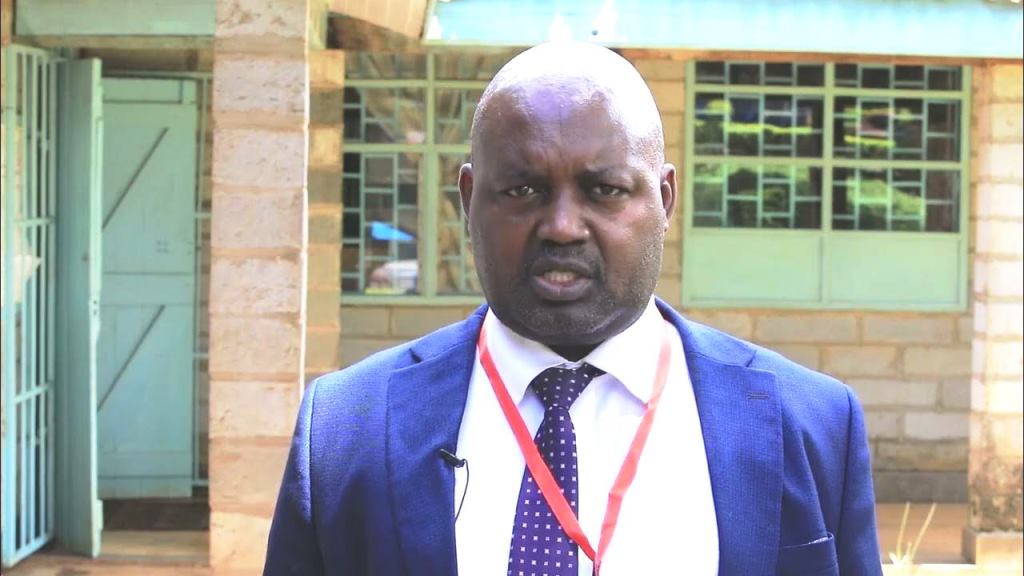The National Assembly Departmental Committee on Education has initiated stakeholder consultations on the draft Technical and Vocational Trainers Service Council (TVTSC) Bill, 2025. The proposed legislation seeks to establish a dedicated council responsible for the recruitment, deployment, professional development, and welfare of trainers across Technical and Vocational Education and Training (TVET) institutions.
The envisioned Council will serve as a specialised human resource body—similar in function to the Teachers Service Commission (TSC)—but specifically tailored to meet the dynamic needs of technical and vocational training.
During a stakeholder engagement session with representatives from the Kenya Association of Technical Training Institutions (KATTI) and the State Department for TVET, Members of Parliament raised varied perspectives regarding the rationale, structure, and fiscal sustainability of the proposed council.
Committee Chairperson Hon. Julius Melly (Tinderet) emphasised the need for the Bill to align strictly with national government functions and avoid overlap with existing bodies such as the TSC.
“Operate within your territory. Please amend your submissions to cover national functions. Let’s avoid overlapping with other agencies,” said Hon. Melly.
Dr. David Maina Mwangi, Chairperson of KATTI, and Mr. Frank Mukuna from the State Department for TVET led the presentations in support of the Bill. They argued that managing TVET trainers under the Public Service Commission has proven slow and bureaucratic, making it ill-suited for the fast-evolving skills training landscape.
“We are implementing a Competency-Based Education and Training (CBET) framework across TVET institutions, and that requires trainers with hands-on skills, not just teaching subjects,” said Mr. Mukuna.
“Going back to the TSC model would be a step backwards.”
However, several lawmakers expressed reservations.
READ ALSO:
Meru launches mass vaccination to curb surge in Typhoid and Measles among children
Hon. Nabii Nabwera (Lugari) urged the drafters to revise the Bill to reflect lessons learned from the TSC experience, especially in dealing with unions and ensuring continuous professional development.
“Have we picked up lessons from the TSC in dealing with unions and integrating continuous professional development?” he posed.
Hon. Mary Emaase (Teso South) questioned the potential duplication of mandates, noting:
“Are we not usurping the role of TSC? Who will pay these trainers? The national government does not handle HR for devolved units.”
Hon. Christine Ombaka (Siaya) added:
“What would be the biggest challenge if TVET trainers rejoined the TSC? Why create a whole new body?”
In contrast, Hon. Joshua Makilap (Baringo North) supported the Bill, citing his firsthand experience during committee visits to technical institutions.
“Given the numbers we’re dealing with, a Council is a safe and feasible option,” he stated.
Hon. Melly reiterated the need to refine the Bill in accordance with the Constitution, instructing the drafters:
“Please amend your submissions to avoid duplication. Operate within your territory.”
The proposed legislation is supported by significant legal and policy precedents, including a 2018 court ruling that invalidated the transfer of TVET teachers from the TSC to the Public Service Commission without proper legal justification. Additionally, the Presidential Working Party on Education Reforms (PWPER) recommended the creation of a Trainers Service Council to harmonise schemes of service and streamline human resource management in the TVET sector.
If passed, the Technical and Vocational Trainers Service Council will be a corporate body tasked with developing HR policies, maintaining a national trainer register, overseeing recruitment, deployment, discipline, and supporting continuous professional development.
On the importance of broader stakeholder involvement, Hon. Nabii Nabwera called on KATTI to actively consult with trainers nationwide:
“Have you heard the voices of your trainers on this Bill? Their input is vital for this Bill,” he emphasised.
The Committee concluded by directing the drafters to refine the Bill further, ensuring it is fully compliant with national mandates and avoids duplication with existing institutions.
By Joseph Mambili
You can also follow our social media pages on Twitter: Education News KE and Facebook: Education News Newspaper for timely updates.
>>> Click here to stay up-to-date with trending regional stories
>>> Click here to read more informed opinions on the country’s education landscape
>>> Click here to stay ahead with the latest national news.






